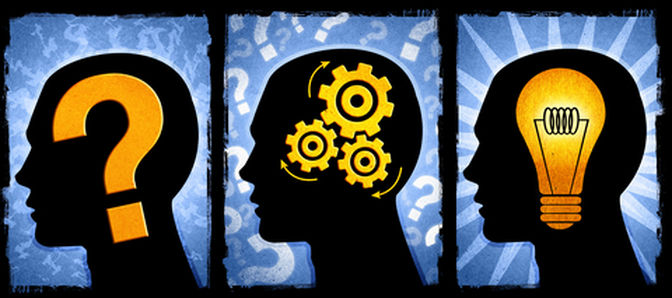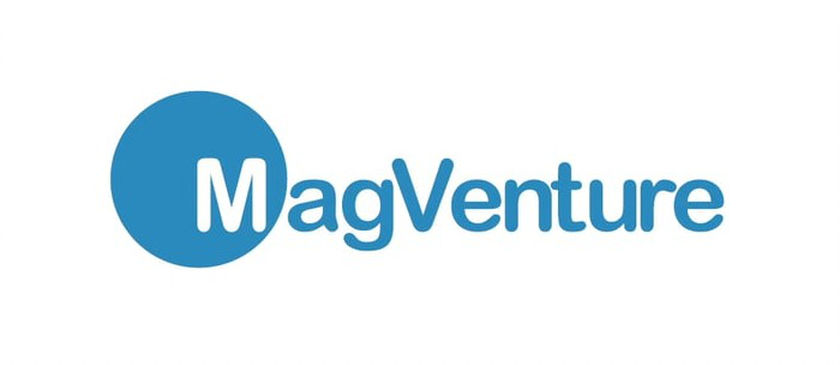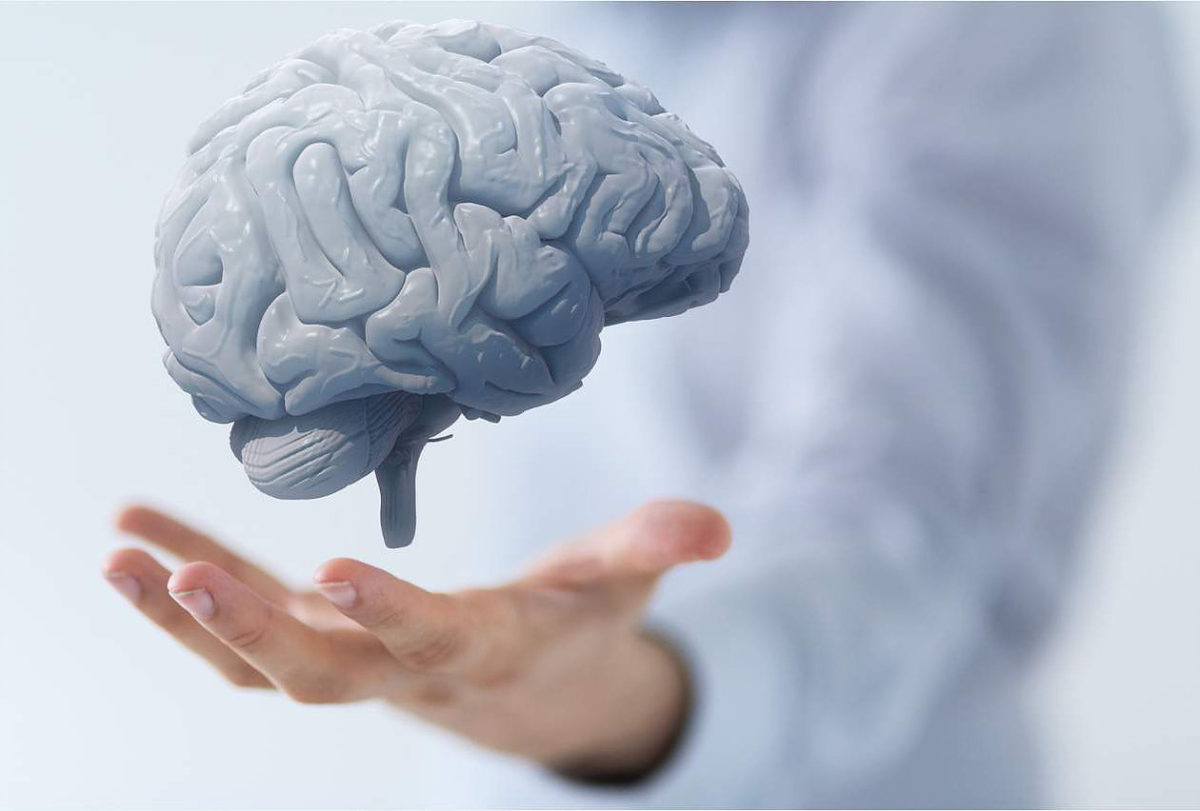A Social Problem, Not Just a Medical Issue
First, researchers are struggling to understand why white individuals, in particular, are doing so poorly with drug abuse. Although there are no definite answers, many speculate that this cohort of patients suffers, in addition to social and economic isolation, from acute job loss. It is known that poverty, stress, and lack of social support are independent risk factors for opioid abuse. Similarly, job loss per se has been found to increase the risk for cardiovascular disease (CVD) and death. Of note, recession alone does not increase CVD mortality; however, when recession is associated with job loss, heart attacks, strokes, and deaths rise. This suggests that increases in stress, despair, and possibly time spent engaging in related unhealthy behaviors often seen with financial insecurity (eg, physical inactivity, smoking, drinking, and drug abuse) may be culprits.











